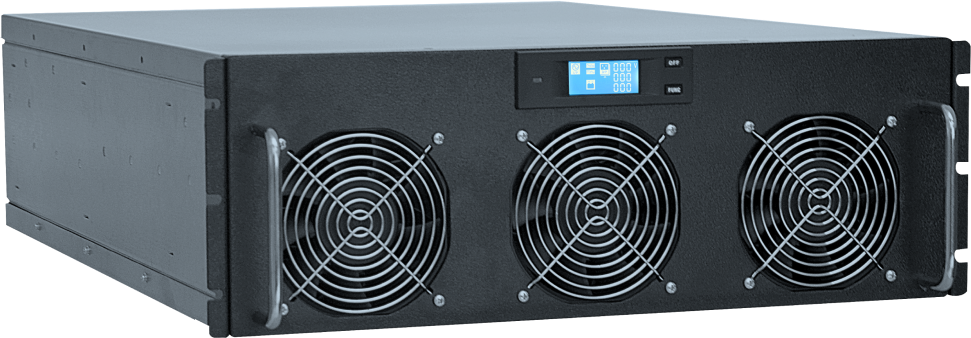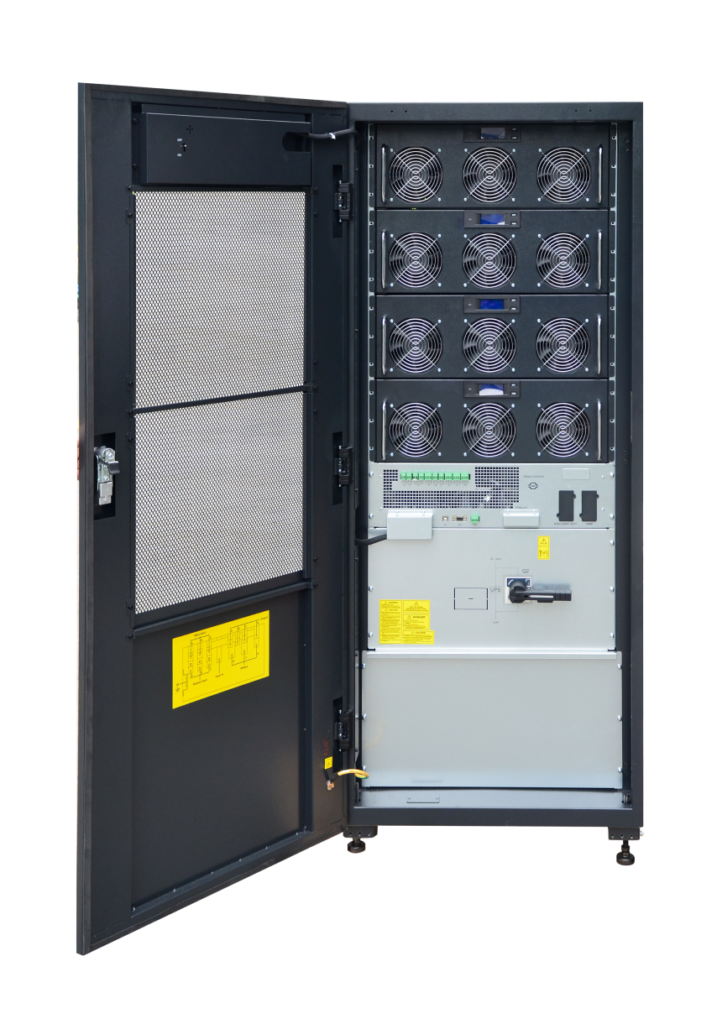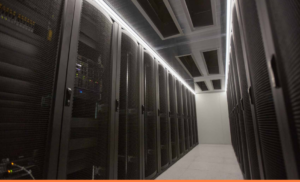Our
Products
Uninterruptible Power Supplies
Uninterruptible Power Supplies
See moreVRLA & Lithium Batteries
VRLA & Lithium Batteries
See morePrecision Air
Precision Air
See moreMicro Data Center
Micro Data Center
See moreChargers & Inverters
Chargers & Inverters
See moreGenerators
Generators
See moreData Center Infrastructure
Data Center Infrastructure
See moreMV Solutions
MV Capacitors Banks
See moreOur
Solutions
We are very proud to be a part of the energy industry, a part of the group of professionals all over the world whose mission critical is the protection of electronic loads. That mission inspires us to look constantly for new innovative solutions and to never be tempted to compromise on the quality and performance.

Our Commitment
By creating great quality products we honour passionate people who are trying to make a difference today.

Efficiency
Our daily goal is to offer the most cost-effective, compact, energy efficient and reliable power backup solutions to ensure business continuity and energy savings anywhere in the world minimizing the total cost of ownership.

Flexibility
To achieve this, we offer a full range of power solutions including inverters (DC to AC), UPS (securing AC loads with batteries) and modular solutions that provide high availability and full redundancy.

Frequent
Questions
UPS, or Uninterruptible Power Supply, is a device that provides backup electrical power to electronic equipment when the main power source fails. Its main function is to ensure the continuity of the electricity supply, in addition to delivering clean and regulated energy at its output, avoiding interruptions in the operation of critical devices. It is basically composed of a rectifier, an inverter and batteries, among other elements. A UPS is typically used to protect hardware such as computers, data centers, telecommunications equipment or other critical electrical loads where an unexpected power disruption could cause damages to IT equipment, serious business disruption or data loss. UPS units range in size from units designed to protect a single computer without a video monitor (around 200 VA rating) to large units powering entire data centers or buildings.
Batteries are the critical point of UPS’s. One of the most critical variables is the operating temperature, when it rises above 25°C (75°F) the lifespan is shortened, so systems must be implemented that control and maintain the temperature below this value.
The charge and discharge parameters confgurations must be carried out by trained technical personnel, as this can affect the depth and frequency of the charging and discharging cycles, decreasing lifespan. Finally, whenever batteries are stored, it is advisable when possible, to store at low temperatures below 15°C, as well as to recharge every 6 months, thus avoiding internal degradation.
Batteries are one of the least technical components of your UPS, but one of the most critical. They are electrochemical devices that require regular checks to ensure safe and proper operation.
A preventive maintenance service is vital where parameters such as operating temperature, floatation voltages and currents are reviewed, a visual inspection is carried out looking for signs of corrosion, deformations or cracks, connections are twisted according to the manufacturer’s stipulations to avoid additional resistance, cleaning is carried out and the conductance of each battery is measured every year.
The objective of performing preventive maintenance on our protective equipment is vital since in this way we are proactive anticipating any event and contributing to a longer useful life.
However, when selecting a company for these services, it´s important to verify their experience, service levels, and technical knowledge. In addition, it´s recommended that the company has a management and monitoring platform, where equipment can be integrated, thus allowing to know its status in real time, keep the history of services, schedules of visits, programs, indicators and alarms when an emergency occurs, thus reducing the time of attention and resolution of failures.
Atlantic Power, as part of the AMPER group, has its own monitoring and asset management platform, which provides support and security to its customers to remotely manage your equipment.
For more information contact us: atlanticpowerenergy.com
KVA (kilo-volt amperes) and kW (kilo-watts) are two measures of electrical power, but they represent different concepts. KVA is a measure of apparent power, while kW is a measure of real power. The relationship between them lies in the power factor.
The KVA is the total measure of power in an electrical system, including both real power (kW) and reactive power. It represents the total capacity of an electrical system to perform useful work. In other words, KVA is the magnitude of electric current and voltage without regard to the phase between them.
On the other hand, kW represents the true amount of power used to perform useful work in an electrical system. It’s the active power that actually turns into work, like the energy used to power electrical and electronic devices.
In UPS equipment, both KVA and kW are used to size the right equipment for each application. The KVA value is used to determine the total load capacity that the UPS can support, while the kW value is used to calculate the actual load that the UPS can handle without exceeding its power capacity.



